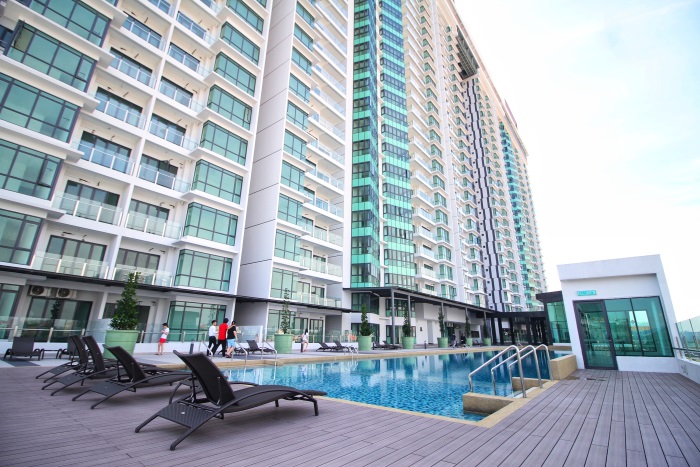The landscape of property development in Malaysia has undergone significant transformation over the past few decades, fueled by rapid urbanization, technological advancements, and a robust economy. Developers in Malaysia play a crucial role in shaping the country’s infrastructure, housing, and commercial spaces. The sector’s growth has been marked by both opportunities and challenges, as developers navigate regulatory landscapes and strive to meet the evolving needs of the population. As Malaysia continues to modernize, the influence and impact of property developers are more critical than ever.
Urbanization in Malaysia has been a driving force behind the booming property development sector. As the population grows and more people migrate to urban centers, the demand for residential, commercial, and industrial properties has surged. Cities such as Kuala Lumpur, Penang, and Johor Bahru have become hotspots for development projects. These urban areas are witnessing the construction of high-rise condominiums, integrated commercial centers, and mixed-use developments that cater to the modern urban lifestyle. The increase in development projects not only provides essential infrastructure and housing but also stimulates local economies and generates employment opportunities.
Technological innovation is another significant factor transforming the property development sector in Malaysia. Developers are increasingly adopting advanced technologies to enhance efficiency and sustainability in their projects. Building Information Modeling (BIM), Internet of Things (IoT), and prefabrication are just a few of the technological advancements being integrated into the construction process. These technologies allow for better planning, reduced construction time, and lower costs. Additionally, there is a growing emphasis on green building practices, with developers incorporating energy-efficient designs and sustainable materials to meet the rising demand for eco-friendly living spaces. This shift towards smart and sustainable development is not only beneficial for the environment but also enhances the long-term value of properties.

The Malaysian government has played a pivotal role in supporting the apartment kl sector through various initiatives and policies. Programs like the Malaysia My Second Home (MM2H) have been successful in attracting foreign investors and expatriates, boosting demand for high-end residential properties. Additionally, government incentives for foreign direct investment have encouraged international developers to enter the Malaysian market. Infrastructure projects, such as the development of new highways, public transportation systems, and industrial parks, have created a conducive environment for real estate development. These government initiatives have been instrumental in driving the growth of the property sector and improving the overall quality of life for residents.
Despite the significant growth and opportunities, developers in Malaysia face several challenges. Regulatory compliance, land acquisition issues, and financing difficulties are common obstacles that can impact project timelines and profitability. The approval process for development projects can be lengthy and complex, leading to delays and increased costs. Additionally, fluctuations in the global economy and changes in government policies can create uncertainties in the real estate market. Developers must navigate these challenges while maintaining a balance between profitability and sustainability. Building strong relationships with stakeholders, including government agencies, investors, and communities, is essential for developers to succeed in this dynamic environment.
The property development sector in Malaysia is characterized by dynamic growth and innovation. Developers play a vital role in shaping the country’s urban landscape, providing essential infrastructure, housing, and commercial spaces. The sector’s success is driven by rapid urbanization, technological advancements, and supportive government policies. However, developers must also navigate various challenges, including regulatory hurdles and economic uncertainties. By embracing innovation, focusing on sustainability, and building strong stakeholder relationships, developers in Malaysia can continue to thrive and contribute to the nation’s development. As Malaysia moves towards a more modern and urbanized future, the role of developers will remain crucial in creating vibrant, sustainable, and inclusive communities.
